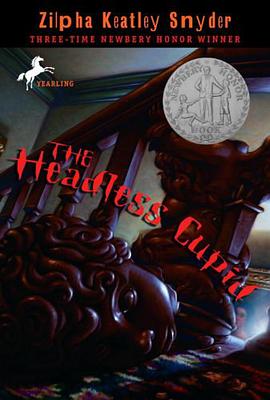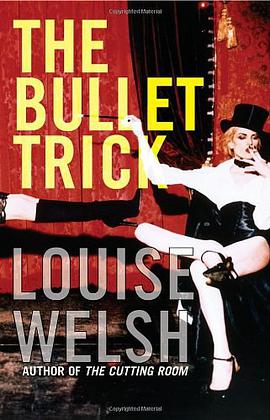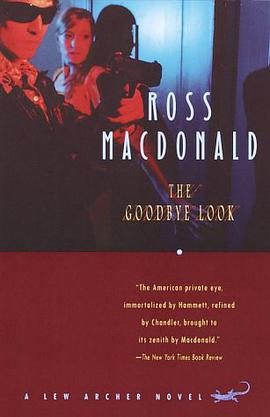

"Villette! Villette! Have you read it?" exclaimed George Eliot when Charlotte Bront's final novel appeared in 1853. "It is a still more wonderful book than Jane Eyre. There is something almost preternatural in its power."
Arguably Bront's most refined and deeply felt work, Villette draws on her profound loneliness following the deaths of her three siblings. Lucy Snowe, the narrator of Villette,flees from an unhappy past in England to begin a new file as a teacher at a French boarding school in the great cosmopolitan capital of Villette. Soon Lucy's struggle for independence is overshadowed by both her freindship with a wordly English doctor and her feelings for an autocratic schoolmaster. Bront's strikingly modern heroine must decide if there is any man in her society with whom she can live and still be free.
"Villette is an amazing book," observed novelist Susan Fromberg Schaeffer. "Written before psychoanalysis came into being, Villette is nevertheless a psychoanalytic work?a psychosexual study of its heroine, Lucy Snowe. Written before the philosophy of existentialism was formulated, the novel's view of the world can only be described as existential. . . . Today it is read and discussed more intensely than Charlotte Bront's other novels, and many critics now beleive it to be a true master-piece, a work of genius that more than fulfilled the promise of Jane Eyre." Indeed, Virginia Woolf judged Villette to be Bront's "finest novel."
具体描述
读后感
评分
评分
评分
评分
用户评价
相关图书
本站所有内容均为互联网搜索引擎提供的公开搜索信息,本站不存储任何数据与内容,任何内容与数据均与本站无关,如有需要请联系相关搜索引擎包括但不限于百度,google,bing,sogou 等
© 2025 book.wenda123.org All Rights Reserved. 图书目录大全 版权所有




















